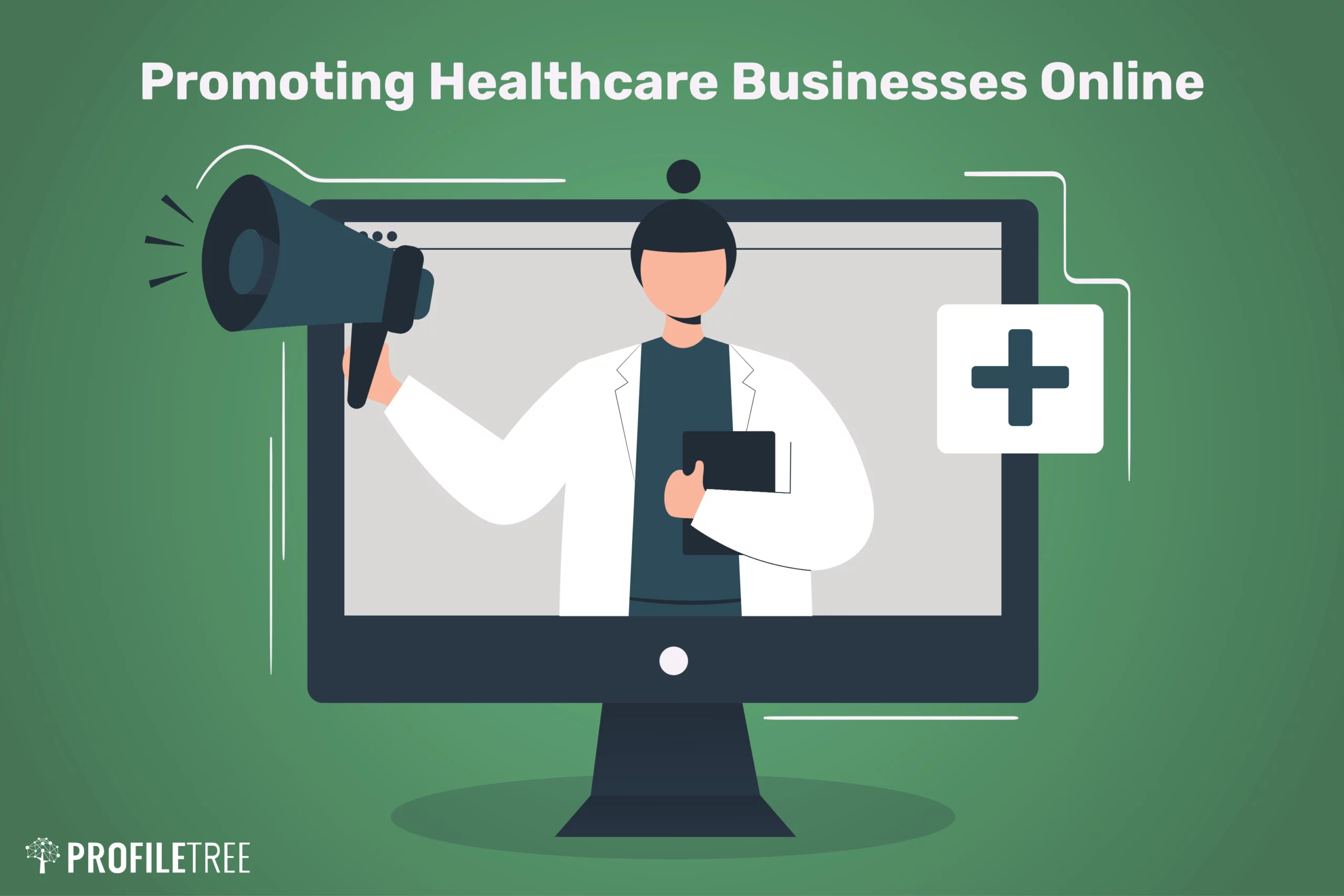Checking out the Growth of Subscription Based Healthcare in the Digital Age
Checking out the Growth of Subscription Based Healthcare in the Digital Age
Blog Article
Browsing the Future of Medicine With Subscription-Based Medical Care Services
As the healthcare market evolves, subscription-based services arise as a critical version promising to improve patient treatment distribution. The answers to these inquiries could essentially modify our approach to health care.
Surge of Subscription Health Care
As medical care systems all over the world face boosting stress from rising expenses and need for solutions, the introduction of subscription-based health care versions has emerged as a transformative pattern. This cutting-edge approach is disrupting standard health care distribution by supplying a predictable, flat-rate repayment framework for clinical solutions. Rooted in the concepts of attendant medication, subscription-based healthcare allows suppliers to concentrate on personalized individual care while simultaneously handling operational effectiveness.
The increase of this design can be connected to numerous factors. Technical improvements have actually enabled more seamless integration of care through telehealth and electronic health documents, facilitating the scalability of subscription services. The raising customer need for openness and predictability in medical care costs has actually driven the shift towards this version. Subscription-based solutions usually offer direct accessibility to healthcare specialists, which can reduce the administrative worries connected with insurance coverage cases and reimbursements (subscription based healthcare).
This version is gaining traction among diverse health care service providers, from health care medical professionals to specialized facilities, by straightening monetary rewards with constant and precautionary care. By moving the focus from volume to value-based care, registration healthcare has the potential to improve the landscape, cultivating a much more lasting and patient-centered technique to health and wellness management.
Benefits for People

Furthermore, subscription-based solutions frequently highlight precautionary treatment, urging normal exams and wellness testings. This aggressive strategy can lead to very early discovery of wellness concerns, possibly boosting end results and lowering lasting health care expenses for individuals. Such versions normally provide transparent pricing, permitting individuals to better understand their medical care expenditures and prevent unexpected clinical expenses.
The customized nature of subscription-based medical care also improves person experience. Clients can obtain tailored health care strategies that match their particular requirements, cultivating a more patient-centric technique.
Modern technology's Role in Improvement

Expert system (AI) plays a crucial role in predictive analytics, assisting in early medical diagnosis and tailored therapy plans. AI algorithms evaluate huge datasets to identify patterns that could be ignored by human monitoring, hence boosting professional decision-making. Digital wellness records (EHRs) streamline person details administration, ensuring connection and comprehensibility of care throughout different solutions and suppliers.
Blockchain innovation enhances information safety and security and privacy, vital for preserving patient count on digital systems. It allows secure and clear transactions of clinical data, making certain that sensitive details remains safeguarded. With the integration of equipment knowing and AI, blockchain can automate intricate health care procedures, decreasing management concerns.
Considerations and obstacles
While innovation propels the abilities of subscription-based medical care services, it likewise presents a set of Going Here difficulties and factors to consider that must be dealt with to make sure effective implementation. One considerable obstacle is the equitable ease of access of these solutions. As registration versions often depend on digital platforms, there is a threat of aggravating the electronic divide, leaving behind individuals without net gain access to or electronic proficiency. Making certain these services do not overmuch benefit only tech-savvy and wealthy populations is imperative.
Information personal privacy and safety and security stand for an additional essential consideration. Subscription-based solutions commonly involve the collection and storage of huge quantities of personal health information. Service providers have to comply with strict information protection laws to keep person depend on and avoid unapproved accessibility, which might cause considerable ethical and lawful repercussions.
As health care requires evolve, maintaining an affordable equilibrium between subscription fees and solution quality is essential to protect against individual discontentment and attrition. Resolving these difficulties is necessary as subscription-based medical care services proceed to increase and progress.
Future Effects for Medicine
Subscription-based medical care solutions are poised to considerably influence the future landscape of medicine by reshaping exactly how treatment is accessed and supplied. These designs use the prospective to equalize healthcare accessibility, supplying people with even more individualized and prompt interventions. By leveraging technology, such as telemedicine and data analytics, subscription solutions can promote continual surveillance and customized health and wellness administration, thus improving end results and lowering the worry on standard health care systems.
As these services gain grip, they can promote a shift towards preventative treatment, highlighting the significance of early discovery and administration of chronic problems. This positive method may inevitably reduce healthcare prices by minimizing the requirement for expensive therapies occurring from late-stage disease monitoring. Moreover, subscription versions provide a scalable solution to attend to variations in medical care gain access to, particularly in country or underserved populaces.
Nonetheless, the transition in the direction of subscription-based models demands dealing with regulative and moral factors this post to consider, including information privacy and fair gain access to. As the sector advances, collective efforts between policymakers, innovation designers, and doctor will be important to establishing robust frameworks that safeguard individual rate of interests while fostering innovation. Inevitably, these services guarantee to add considerably to a more reliable, patient-centered medical care community.

Final Thought
Subscription-based medical care solutions represent a significant development in the clinical area, providing foreseeable expenses and personalized treatment that enhance availability and prioritize preventive steps. Technical advancements, such as telemedicine and AI-driven analytics, assist in customized individual experiences, boosting general wellness outcomes. However, obstacles such as data personal privacy and fair gain access to must be resolved to make sure the widespread benefits of these services. As the health care landscape evolves, subscription models are try this web-site positioned to play a crucial role in shaping the future of medicine.
As the medical care industry progresses, subscription-based solutions emerge as an essential design guaranteeing to improve individual treatment shipment.As medical care systems around the world face raising stress from climbing costs and need for solutions, the advent of subscription-based medical care versions has actually arised as a transformative fad (subscription based healthcare).With the surge of subscription-based healthcare models improving standard health care shipment, people are beginning to experience substantial benefits from this ingenious technique. As healthcare needs develop, maintaining an economical equilibrium between membership charges and service quality is crucial to prevent client dissatisfaction and attrition.Subscription-based health care services are poised to significantly affect the future landscape of medication by reshaping just how care is accessed and delivered
Report this page